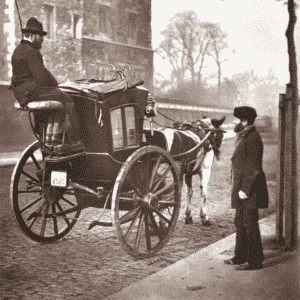
The History of Horses and Humans
Humans and horses have walked the paths of the world together for centuries. We have
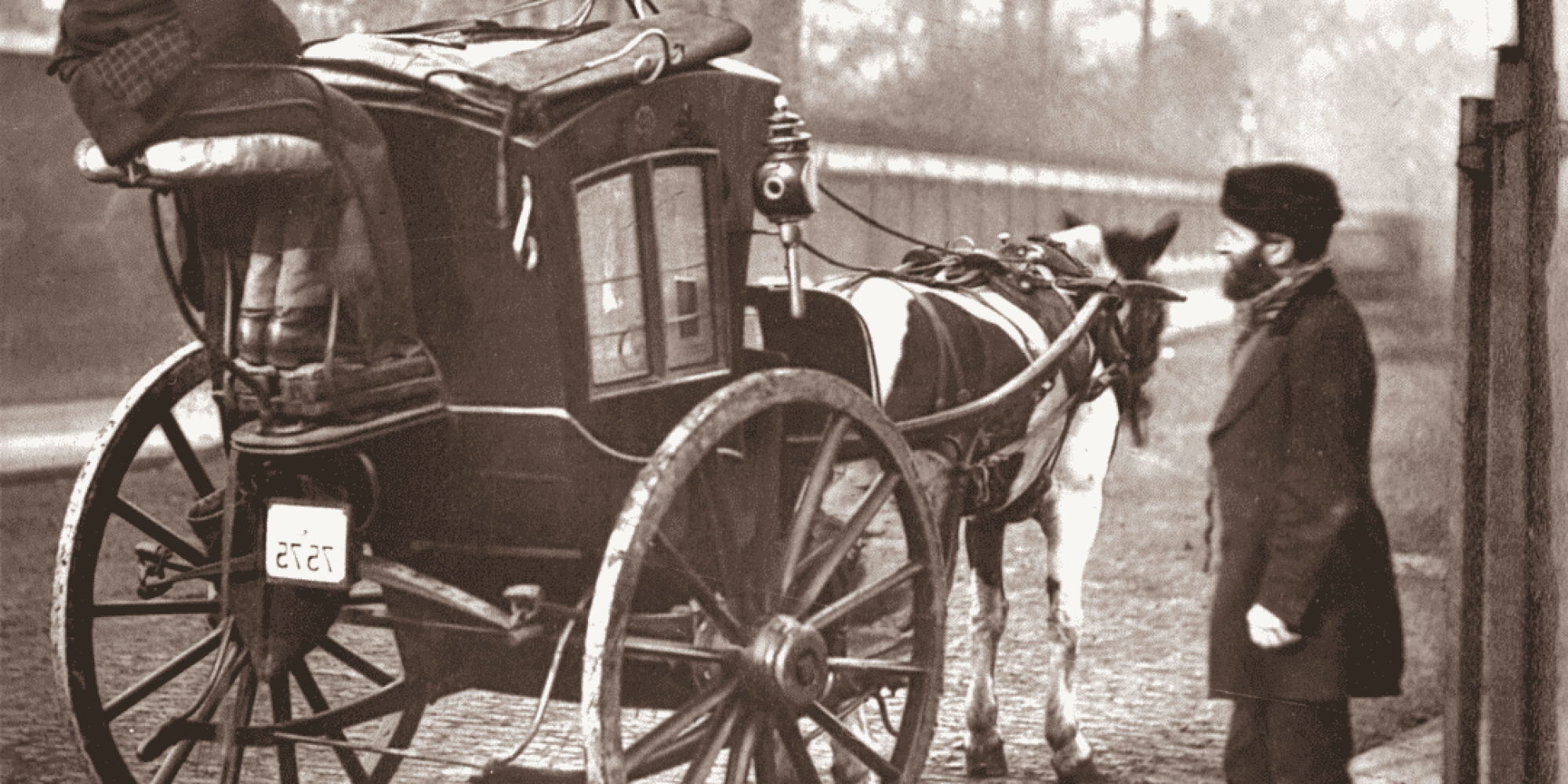
Humans and horses have walked the paths of the world together for centuries. We have a close bond, and it can’t be denied that we wouldn’t be where we are today without horses, they have been helped out on farms, allowed us to travel fast distances, offered us a way to transport goods and even carried our ancestors into battle with bravery.
The relationship between horses and humans in prehistoric times was likely very different from the relationship we have with horses today. Horses were not domesticated until around 4000-3500 BCE in the Eurasian Steppe, so before this time, humans and horses did not have a close relationship.
However, it is believed that early humans hunted wild horses for their meat, hides, and bones. Some cave paintings and rock art from prehistoric times depict horses being hunted or ridden, which suggests that humans had some interaction with horses even before domestication.
Once horses were domesticated, they quickly became a valuable resource for humans. They were used for transportation, hunting, and warfare, as well as for plowing fields and pulling carts. The domestication of horses allowed humans to travel farther and faster than ever before, which had a significant impact on human culture and development.
In some prehistoric cultures, horses were also considered sacred or spiritual animals. For example, in the Bronze Age culture of the Sintashta-Petrovka complex in the Eurasian Steppe, horses were buried with their riders in elaborate graves, suggesting that they held a special significance to these people.
In ancient civilizations such as Ancient Egypt, Ancient Greece, and Ancient Rome, horses were highly valued and respected animals. They were used for transportation, hunting, racing, and warfare, and were often depicted in art and literature. Horses were also often associated with gods and goddesses, and were considered symbols of power, speed, and beauty.
In ancient China, horses were highly prized for their strength and endurance, and were used for military purposes and for transporting goods along the Silk Road. The Chinese also developed sophisticated breeding techniques to improve the quality and speed of their horses, and the Chinese horse was known for its speed and stamina.
In many ancient cultures, horses were also used in religious ceremonies and rituals. For example, in ancient India, the Ashvamedha ritual involved the sacrifice of a horse as a way of asserting the king’s dominance over neighboring kingdoms. Similarly, in Ancient Greece, the Olympic games included chariot races and equestrian events that were highly esteemed.
Throughout ancient history, horses played a crucial role in the development of human society and culture. They were essential for transportation, commerce, and warfare, and their beauty and strength inspired art, literature, and mythology. The relationship between horses and humans during this time period was one of mutual respect and admiration, and their partnership had a profound impact on the course of human history.
In the medieval period, the relationship between horses and humans continued to be of great importance. Horses were used for a wide range of activities, from transportation and agriculture to warfare and sport. The medieval period saw the development of new breeds of horses and new techniques for breeding and training them.
One of the most significant developments in the medieval period was the rise of the knight on horseback. Knights were heavily armored and rode powerful horses, which allowed them to be extremely effective in battle. The close bond between knights and their horses was celebrated in literature and art, with horses often depicted as noble and intelligent creatures.
The Vikings had a strong relationship with horses, using them primarily for transportation and agriculture. Viking horses were smaller in size but strong and hardy, well-suited to the harsh conditions of Scandinavia. The Vikings also used horses in battle, although they relied more heavily on their ships in warfare. Horses were important in Viking mythology and art, often associated with the gods. The Vikings obtained horses through breeding, trade, and raiding, and were known for their equestrian skills and horse racing.
In the later medieval period, horses were also used for sport and entertainment. Jousting, in which knights on horseback would charge at each other with lances, became a popular form of entertainment. Horse racing also became popular, with races held in towns and cities throughout Europe.
In the higher medieval times horses also played a crucial role in the life and military campaigns of Genghis Khan. The Mongol Empire was built on the strength and speed of their horses, which allowed the Mongol armies to travel vast distances quickly and launch surprise attacks on their enemies.
The relationship between horses and humans in the medieval period was one of mutual dependence and respect. Horses were essential to the functioning of society, and humans took great care in breeding, training, and caring for them. The bond between humans and horses was celebrated in literature and art, and the partnership between knights and their horses was seen as a symbol of nobility and honor.
In modern times, the relationship between horses and humans has continued to evolve and change. Horses are no longer used to the same extent as they were in the past for transportation or agriculture, but they still play an important role in human society.
One of the main ways in which horses are used today is for sport and recreation. Horse racing, show jumping, dressage, and eventing are just a few of the many equestrian sports that are popular around the world.
The relationship between horses and humans in modern times is one of partnership and companionship. Horses are valued for their beauty, athleticism, and intelligence, and many people form close bonds with their horses. While horses are no longer essential for day-to-day survival, they continue to play an important role in human society and culture, and are celebrated in literature, art, and film.
Download the Happie Horse App for free and get a 7-Day free trial!

Humans and horses have walked the paths of the world together for centuries. We have
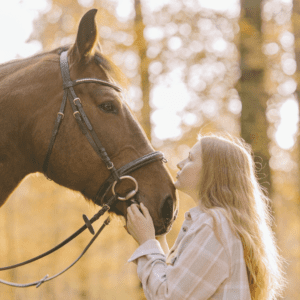
Horse insurance is a type of insurance that provides coverage for horses and their owners.
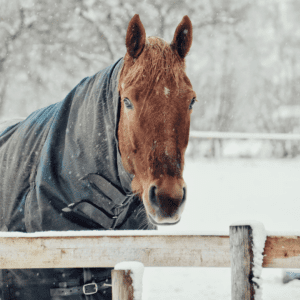
Are you over-rugging your horse out of concern? There are key factors you should keep

These exercises will help you get fit in the saddle in the future What you
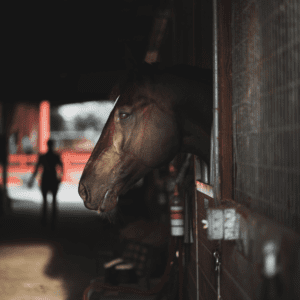
Horse bedding refers to the material used to create a comfortable, absorbent surface for horses
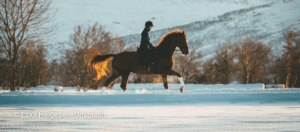
Winter can be a challenging time for horse trainers and riders, as cold weather and